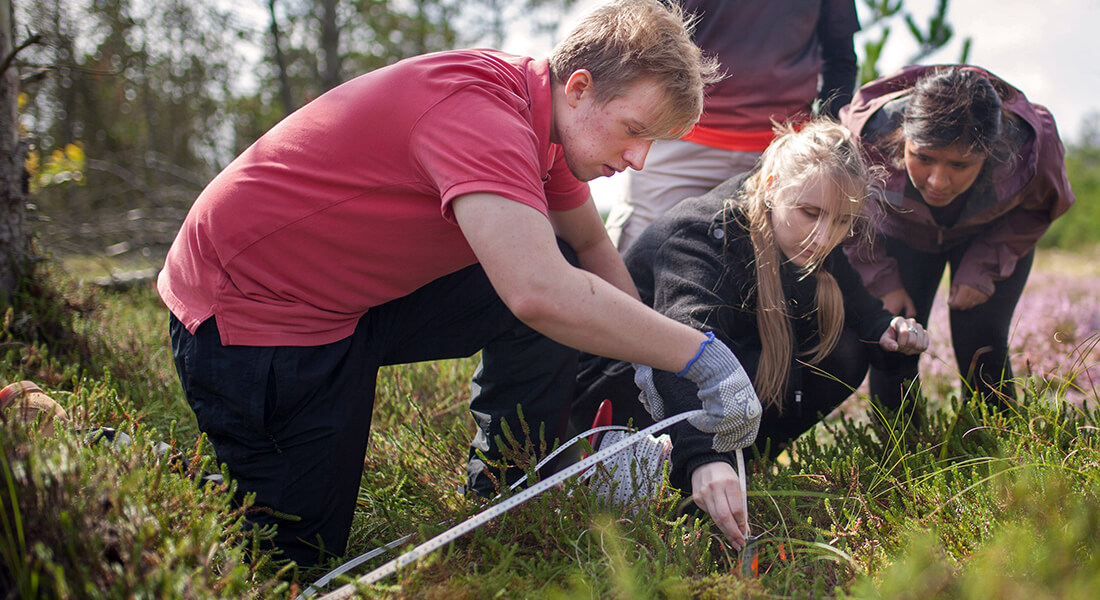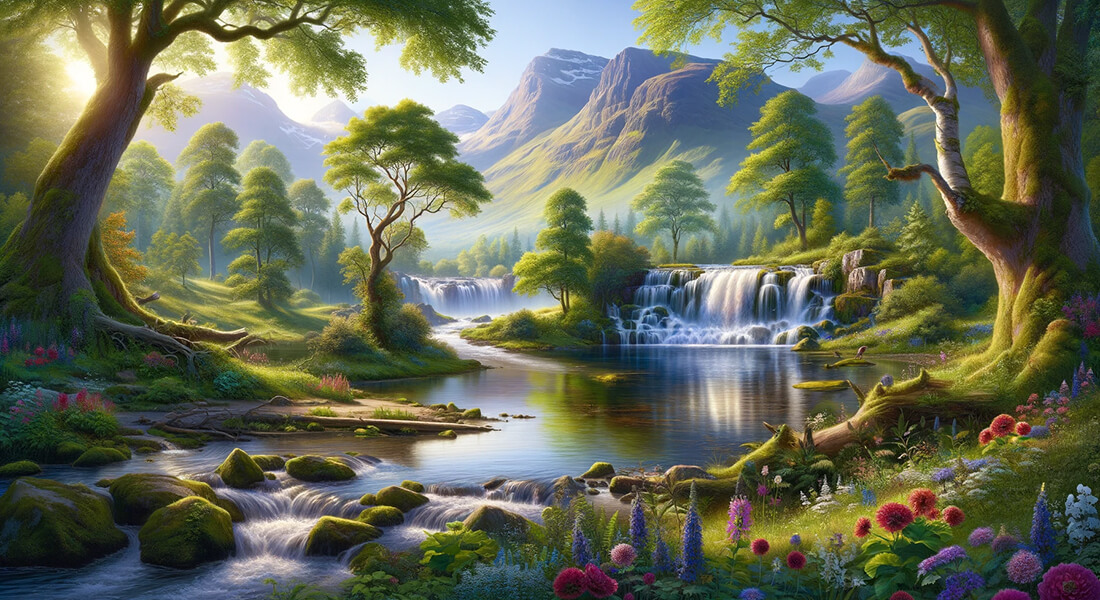Søren Jessen
Associate Professor
Phone: +45 35 32 24 78
Mobile: +45 51 37 06 93

We teach the following courses
In addition to the courses listed above, several other courses within the field of hydrology and water resources are taught at University of Copenhagen. The Water Resources research group strongly encourages students’ efforts in creating the best hydrological curriculum from their own perspective.
The courses can be found at kurser.ku.dk (search term examples: hydrolog*, hydrogeology*, groundwater, grundvand, vådområde*, wetland, ecohydrol*).
The courses available include, to name just a few:

Every year in early spring our group develops a catalogue over MSc thesis project ideas. The catalogue usually contains contributions from external national and international partners.
Find the 2024 catalogue here: MSc Thesis Ideas catalogue.
As a student, you can use the catalogue to get inspiration for you own MSc thesis project. You are always welcome to come by our offices and discuss your thesis ideas, whether or not in the catalogue.
Many students choose their thesis subject before the middle of June. The formal project period runs from August to May, but some students informally begin field work before August.
Link for students to thesis contract page on KUnet: MSc in Geology-Geoscience - Thesis.
We encourage all MSc students to get their thesis printed professionally at Campus Print.
To do so, for free, write your thesis in this template following its guidelines. Once finalized, send your thesis to campusprint@adm.ku.dk with your supervisor cc.
In your mail, ask Campus Print for one copy for you, two copies for your supervisor and one for each of your co-supervisors, along with one copy for the censor.
In other words, at least four copies if you have no co-supervisor. Also, in the same mail, ask your supervisor to provide Campus Print with the account number (‘alias, stedkode, and KU-specification’) that will pay for the printing.
Printing usually takes only one or a few days. You can start the process after you hand in digitally in Digital Exam.
For many years, a central activity of the Water Resources Research Group was the hydrological observatory HOBE Center for Hydrology, led by professor Karsten Høgh Jensen, and funded by the Villum Foundation.
During the HOBE Center’s lifetime, a rich data collection took place from a Meadow Site (Skjern Enge), Agricultural Site (Voulund), and a Forest Site (Gludsted Plantation).
The database is available for research to all interested parties from https://www.enoha.eu. From enoha ‘Home’, click ‘Data portal’ ‘Hobe Observatory’ to browse and download data.
| Name | Title | Phone | |
|---|---|---|---|
| Search in Name | Search in Title | Search in Phone | |
| Aske Folkmann Musaeus | Industrial PhD | ||
| Elisa Bjerre | Postdoc | +4535225322 | |
| Filippa Fredriksson | Research Assistant | +4535324910 | |
| Georgios Ikaros Xenakis | PhD Fellow | +4535332067 | |
| Karsten Høgh Jensen | Professor | +4535322484 | |
| Majken Caroline Looms Zibar | Associate Professor | +4535322444 | |
| Monica Coppo Frias | External Postdoc | ||
| Peter Bauer-Gottwein | Professor | ||
| Sarah Elizabeth Franze | Enrolled PhD Student | ||
| Søren Jessen | Associate Professor | +4535322478 | |
| Torben Obel Sonnenborg | Affiliate Professor | +4591333635 | |
| Trine Enemark | Research Assistant | +4535328281 | |
| Zhen Zhou | External Postdoc |
The CONTRA-project aims to use stable isotopes of water and nitrate together with the chemical element composition of different water sources to line out/map the hydrological cycle within a river catchment and quantify different water sources to rivers and the turn-over age in hydrological catchments.